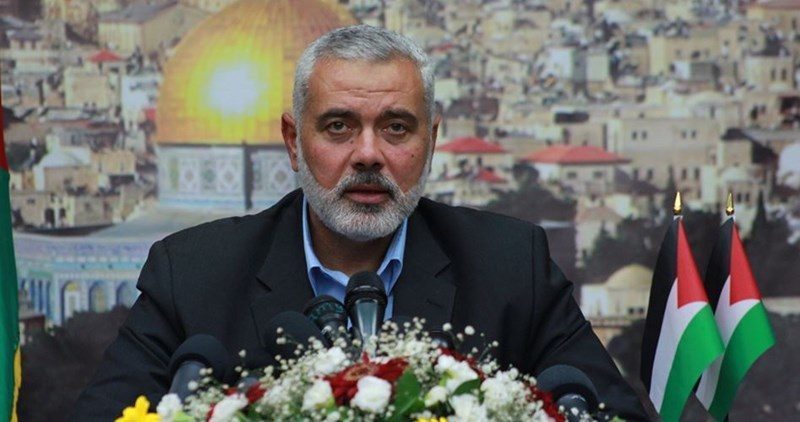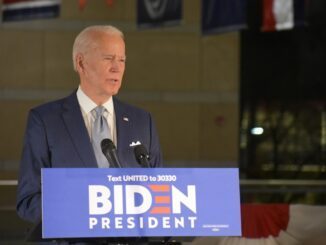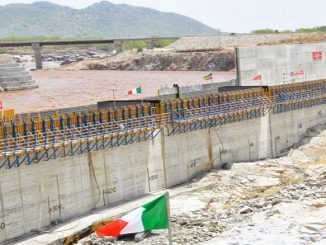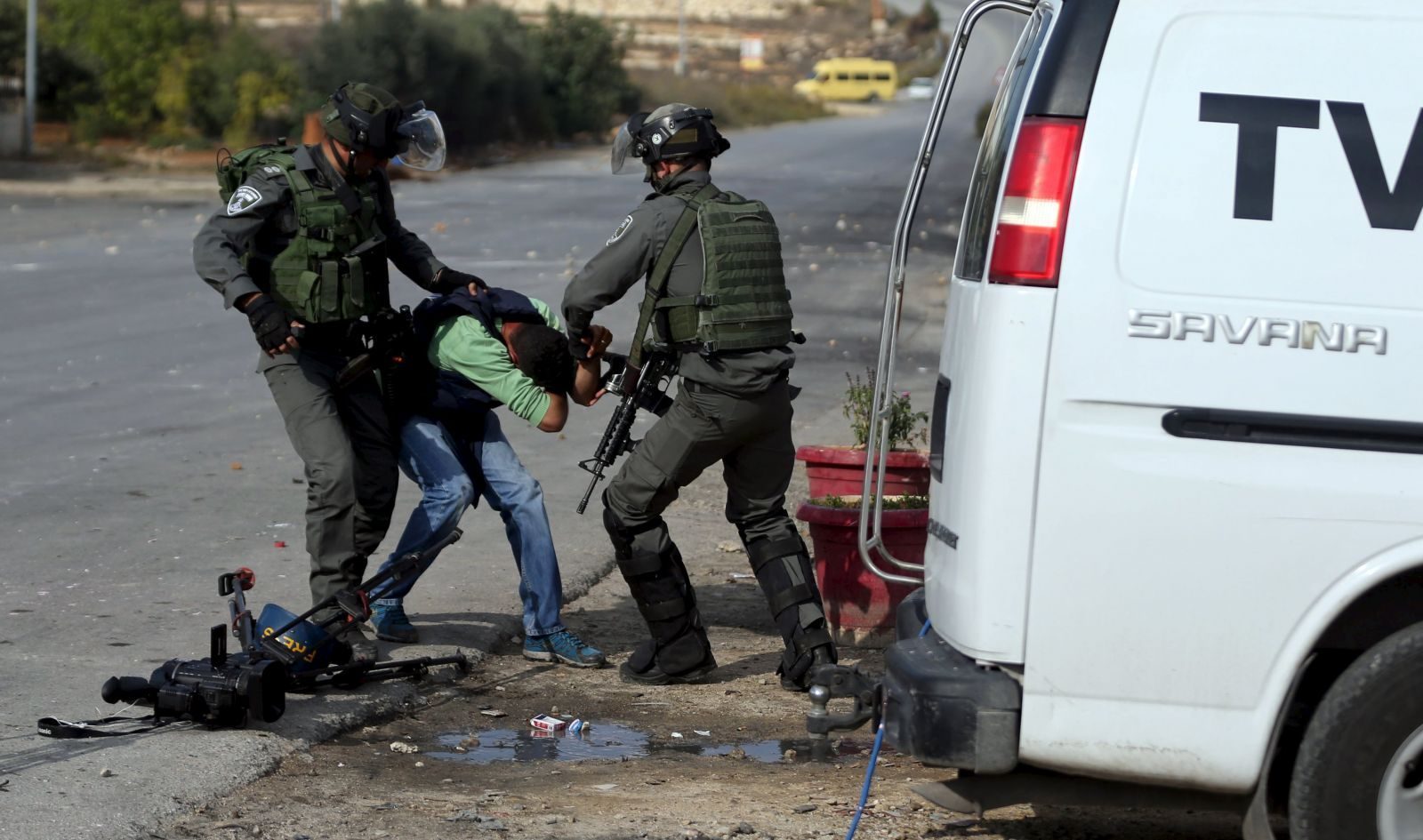
The Egyptian authorities on Sunday morning opened the Rafah border crossing for the fourth day for the travel of a limited number of passengers. Only 10 buses carrying a total of 1,008 passengers had left Gaza yesterday through the Rafah crossing.
Some 800 Palestinians were left stranded at the Rafah crossing overnight Saturday waiting to enter Egypt from the besieged Gaza Strip due to the curfew imposed in Northern Sinai.
An Egyptian security source said the Palestinians had successfully passed from the Gaza Strip, and after reaching the Egyptian side of the border they were not able to leave and continue traveling.
A state of emergency has been declared in Northern Sinai since October 2014, and renewed several times since.
The Egyptian state-imposed curfew begins at 7 p.m. The Palestinians were expected to travel on Sunday morning after the curfew ended at 6 a.m.
According to the border and crossings authority in Gaza, five ambulances carrying a number of wounded and sick citizens also crossed into the Egyptian side on Saturday.
Last Thursday, 369 Palestinian passengers, who were stranded in Egypt, were able to enter Gaza, while the Egyptian authorities rejected the travel requests of 40 others and prevented them from leaving Gaza.
Some 30 aid trucks holding 1,009 tons of construction materials also entered Gaza Strip on Saturday.
During the last two days, 2,256 passengers left for Egypt through the crossing, 301 others entered Gaza and 113 citizens were denied entry to the Egyptian territories with no stated reasons. Palestinian media sources have expected that the Egyptian authorities may open the Rafah crossing for two additional days, but there is still no official confirmation in this regard.
Deputy political bureau head of Hamas, Ismail Haneyya, on Sunday urged the Egyptian authorities to keep the Rafah border crossing open around the clock.
From his side, Speaking during the al-Quds and al-Aqsa Festival held by Hamas, Haneyya said: “We are quite aware of Egypt’s needs in terms of national security. We, Gazans, have done our best to boost security along the borders.” He added that Hamas has no military activity in Sinai or elsewhere.
The Hamas official called on the Palestinian people and Muslim nation to adopt a unified strategy to face up to the Israeli occupation.
He stressed Hamas’s ongoing efforts to boost national unity and preserve the bonds of all accords signed with regional and international parties.
Haneyya hailed the Palestinian protesters and anti-occupation activists in Occupied Jerusalem, the West Bank, and 1948 Occupied Palestine.
He called for protecting the Jerusalem Intifada and warned of underway attempts to snuff out the flames of anti-occupation activism.
“As we are going through an exceptional phase in our journey of national liberation, we need to pluck up our courage and come up with challenging decisions,” he further stated. “The uprising is the choice of a people and of a generation that is tracking the road towards the liberation of their motherland,” Haneyya concluded.
Egyptian authorities announced earlier this month that the crossing would open for four days ahead of the holy month of Ramadan.
The four-day window permitting travelers to enter and leave the besieged coastal enclave came three weeks after a two-day opening in May, which was the first time Egyptian authorities had operated the crossing in 85 days.
Saturday was the third day Egypt’s Rafah crossing was open for operation, after a total of 1,635 Palestinian travelers passed through the crossing on Wednesday and Thursday, and it was closed during Friday. Sunday is to be the final day of operation.
Egypt has upheld an Israeli military blockade on the Gaza Strip for the majority of the past three years, since the ouster of President Muhammad Morsi in 2013 and the rise to power of Abd al-Fattah al-Sisi in Egypt.
The nearly nine-year Israeli blockade has plunged the Gaza Strip’s more than 1.8 million Palestinians into poverty. The destruction from three Israeli offensives over the past six years and slow reconstruction due to the blockade led the UN in September to warn that Gaza could be “uninhabitable” by 2020.



